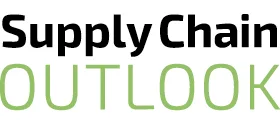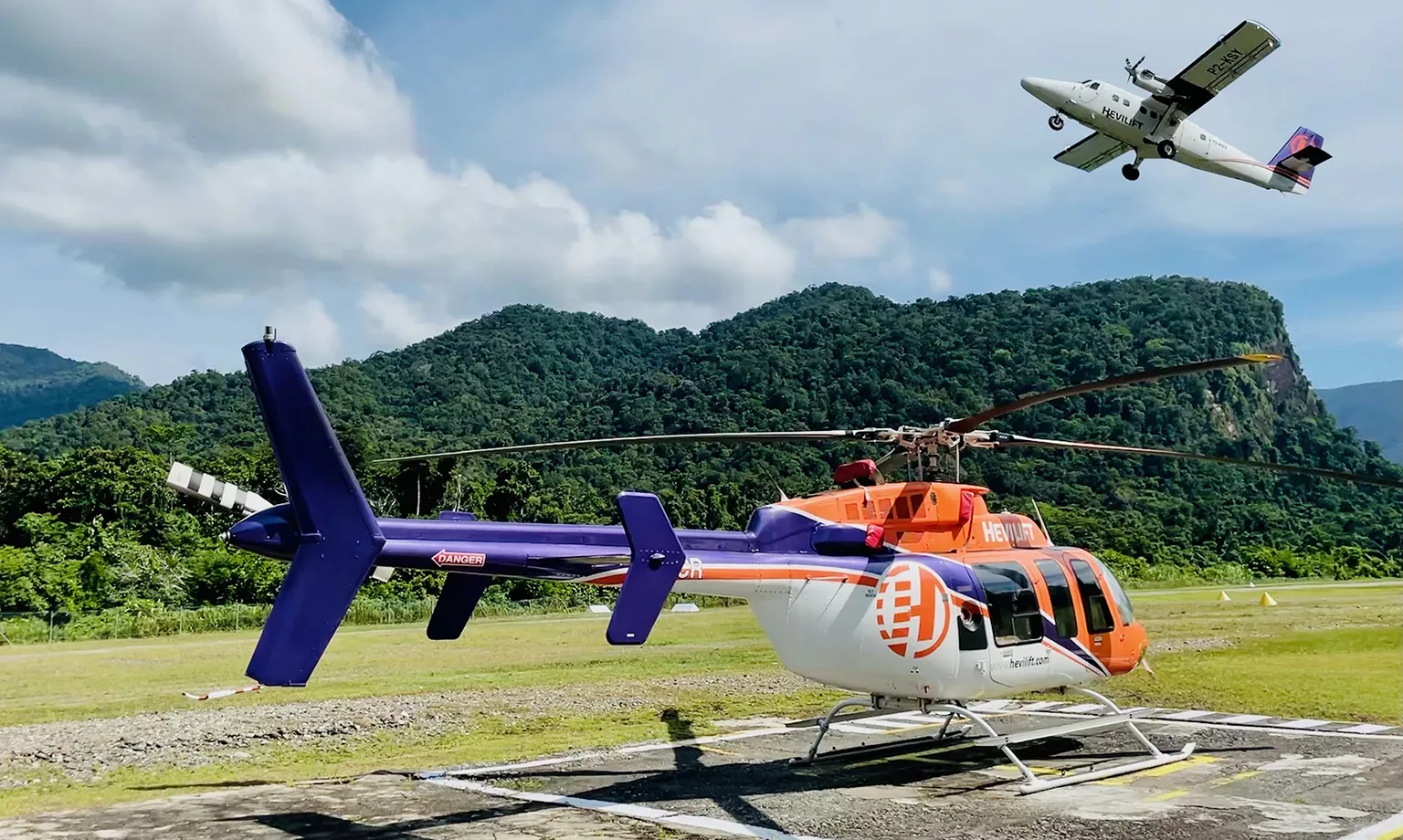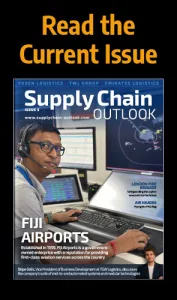Since 1994, renowned fixed and rotary wing aviation services operator, HEVILIFT, has supplied charter solutions for the transportation of personnel and equipment across Papua New Guinea. James Barlow, CEO and Country Manager – Pacific, tells us more.
MOVING EVERYONE AND EVERYTHING
Combining a diverse fleet, highly experienced team, and proud 30-year history, HEVILIFT is advantageously positioned to provide comprehensive solutions for industry and government across some of the most challenging terrains in Papua New Guinea (PNG).
“Our client base is primarily the natural resources sector, a growing ad hoc charter service, and we also work closely with the PNG government to provide helicopter support for their own personnel,” introduces James Barlow, CEO and Country Manager – Pacific.
As such, HEVILIFT’s capabilities are broad. In terms of its work in natural resources, the company is involved in everything from gold, copper, and gas extraction to mineral exploration, in which it utilises land scan cameras to search terrains for mineral and gas-rich deposits worthy of penetration.
Having identified a potential mining site, HEVILIFT also assists in the transportation of equipment, drilling gear, and personnel. It continues to provide its services throughout a mine’s entire lifecycle, from exploration and discovery to establishment, production, and even reclamation.
“Those who work in the mines often require transportation, whilst essential equipment, fuel, and food must also be considered,” adds Barlow, citing the company’s multifaceted involvement in PNG’s mining operations.
Located strategically with hubs in both Port Moresby, the capital of PNG, and Mount Hagen, which serves high-altitude, rural locations, HEVILIFT is well-placed to continue supporting public and private infrastructure on the island for years to come.
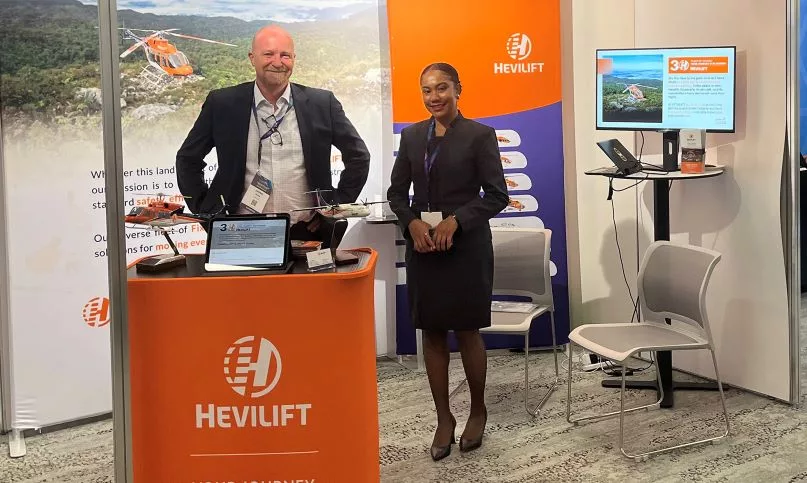
RESILIENCE IN THE FACE OF CHANGE
Having faced considerable challenges in recent years, HEVILIFT has developed a sense of deep resilience.
“When I joined the company three years ago, we were coming out of the COVID-19 pandemic, ticking over like everyone, and retaining staff as best we could,” Barlow reflects.
Fortunately, as a company with primarily fly-in, fly-out industrial clientele, HEVILIFT’s services were still required to facilitate the continuation of mining operations on the island, such as the transportation of workers and equipment.
These service contracts, even though at a much-reduced capacity, kept the company going and the operation never seized up.
Although the global aviation industry has since witnessed growing demand, the post-COVID-19 climate has not necessarily been an easy transition, especially in the context of production, logistics, and supply chains.
“Due to the industry taking off quicker than anybody expected, a huge strain has been placed on supply and production has been delayed,” he reveals.
In this way, supply chains for various aircraft parts, such as landing gear, wheels, and tyres, have been slowed.
“This is because, as an aviation company that depends on specialised parts, there are a lot of factors to contend with. Landing gear for ATR aircraft, for example, often sources components from around 80 different global companies.
“It would have only taken one of these to close during the pandemic to affect the supply chain and potentially halt the production of the entire assembly,” Barlow emphasises.
In short, a reduced supply chain has occasionally led to HEVILIFT waiting for parts, grounding crucial aircraft, and leaving it scrambling to fill the gaps.
30 YEARS OF PROSPERITY
Due to its challenging terrains and relative isolation, PNG is considered a difficult logistical environment.
As such, it takes determination, perseverance, and the recruitment of the right people to not only survive but prosper on the island.
“In PNG, it is not enough to remain a mere aviation company. Often, you must look after your fuel supply, ground support, maintenance, crew, and accommodation because there’s no guarantee that the island’s supplies will be constant or secure,” Barlow explains.
For example, the island recently experienced fuel supply issues as the incumbent fuel company faced various obstacles when securing resources.
Therefore, HEVILIFT collaborated with licenced fuel logistics suppliers to assist with refuelling aircraft during shortages.
“This is not something we have been able to do by ourselves because we’re not certified to, but by working with companies who have the appropriate licensing, we’re able to manage our own fuel supply despite national shortages,” he clarifies.
HEVILIFT also trains its own staff, supplying seats in aircraft cockpits for cadets to learn the trade.
“As such, although we’re an aviation company, we must have a presence in all these other areas to support ourselves. In PNG, when you want a job done, you do it yourself – this way, you maintain control,” Barlow insights.
Over the past 30 years, HEVILIFT has therefore developed and succeeded not just by flying from A to B, but by working hard to sustain itself in many other aspects.
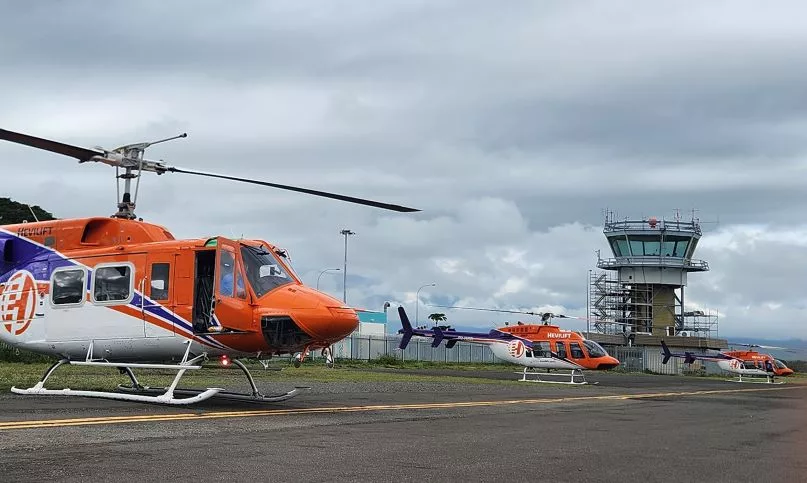
SAFETY FIRST
Although the majority of global aviation companies operate within the parameters of standardised safety protocols set by the Civil Aviation Safety Authority (CASA), HEVILIFT’s strong safety record stands out.
Whilst it closely follows the Basic Aviation Risk Standard (BARS) Programme, which provides a system of oversight for the contracted aviation sector through various audits, Barlow notes that this can often occur as infrequently as once a year.
As such, he believes that quality and safety must be endemic and intrinsic across the entire company at all times.
“We have a strong quality department, shared in part with the colleagues at our sister company in Australia, Aerlink. This department, coupled with external audits, seeks a best-practice quality benchmark assessed against the international market,” he divulges.
By considering common, modern aviation practices and using them as a yardstick against which to measure its own safety and quality, HEVILIFT ensures it remains relevant and up-to-date with global standards.
“Our best-practice quality benchmark takes into account the latest IT systems, quality assurance processes, and more,” details Barlow.
“If we didn’t think globally, we would be behind the curve in terms of procedures, processes, and safety.”
As such, the latter is uncompromised, providing HEVILIFT with a distinct advantage.
“As long as we continue to look outside, benchmark internationally, and be kept on our toes by our customers and their own audits, safety and quality will always be assured at HEVILIFT. We also conduct monthly quality and safety meetings and are always open to new ideas to remain relevant in this area,” he surmises.
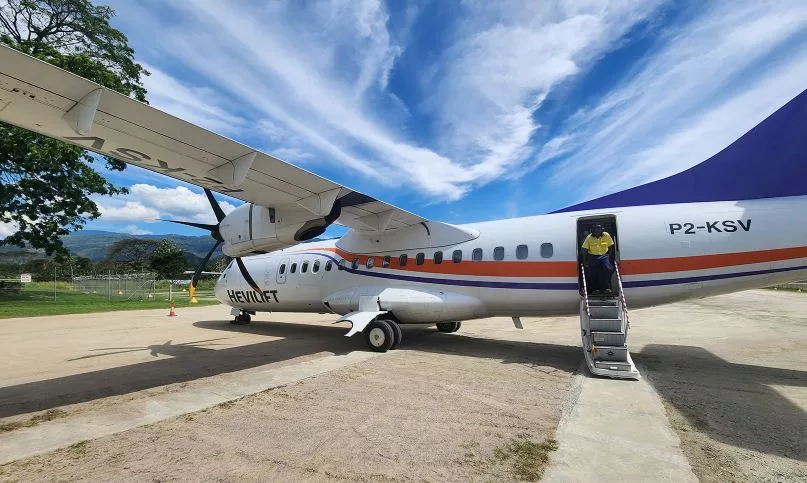
CONTINUOUS EXPANSION
Having recently added to its fleet, HEVILIFT is constantly expanding.
New additions include the Eurocopter AS332 Super Puma (Super Puma), a four-tonne lift aircraft primarily used for island cargo transportation, and the L100 (Hercules) cargo aircraft for heavy-duty oil and gas work.
By acquiring Hercules, HEVILIFT has secured extended carrying capacity for cargo whilst continuing to be the primary conduit for supplying aviation facilities to the island.
“In future, we will focus on building these two areas. However, as much as we can always carry more freight or continue to add aircraft, we will only expand when there’s proven demand,” Barlow sets out.
As such, HEVILIFT maintains a robust, consistent model to fit market demand for aircraft in PNG. As soon as an aircraft is required, an introduction is set up which specifically outlines the cost of the aircraft, crew, maintenance, and training.
“We need to ensure the aircraft is underwritten by a reliable and committed customer. Our model is to fit market demand, but only when economically viable.”
Due to its rapid supply-and-demand model, HEVILIFT may only have two to three months’ notice to bring aircraft in for a particular job – a rapid turnaround, but one that makes good business sense for the company.
“We’re not a here today, gone tomorrow company – we’re very much in it for the LONG HAUL, which is reflected in our proud 30-year history”
James Barlow, CEO and Country Manager – Pacific, HEVILIFT
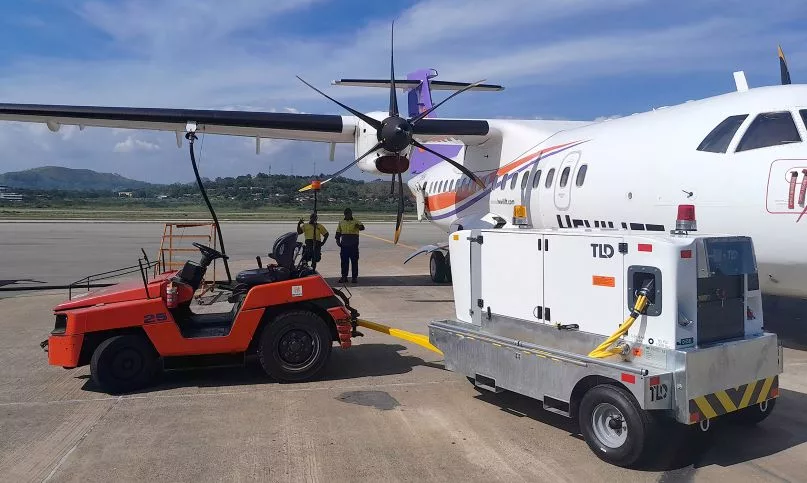
SOCIALLY RESPONSIBLE
Whilst continuing its core role in resource management for the oil and gas sector in PNG, HEVILIFT also works to support the island socially and economically.
Currently, poor road networks and infrastructure present challenges in PNG, and HEVILIFT understands that it has a role to fulfil in assisting local people in this instance.
“As a company based in a remote location such as PNG, we want to support the local industry, farmers, coffee growers, and the like,” Barlow affirms.
As such, the company’s heavy-duty freight aircraft are constantly busy. Assisting highland communities in Mount Hagen with the transportation of goods, farmers’ produce is flown by HEVILIFT from the mountains to Port Moresby, where it can be sold for a favourable price.
At the same time, having unloaded the crops, the company is able to use the large freight aircraft to take resources such as fuel back up to the highland communities.
“We transport the farmers’ produce at a special rate that supports the community and ecosystem of the island,” he reflects.
In addition, HEVILIFT’s aircraft provide lifesaving solutions when dealing with natural disasters on the island, as it exemplified after a 6.9 magnitude earthquake hit the remote village of Kaokalam in May 2024.
As the road around Kaokalam could not be reached due to a build-up of rubble, HEVILIFT stepped in and offered to transport diesel, goods, medicines, and more to the affected area.
Going forward, whilst aiming to keep its current customers satisfied by providing robust, trustworthy services, HEVILIFT is open to expand offshore, with the nearby islands to the east the most suitable for air service improvement.
“We’re not a here today, gone tomorrow company – we’re very much in it for the long haul, which is reflected in our proud 30-year history,” he concludes.
